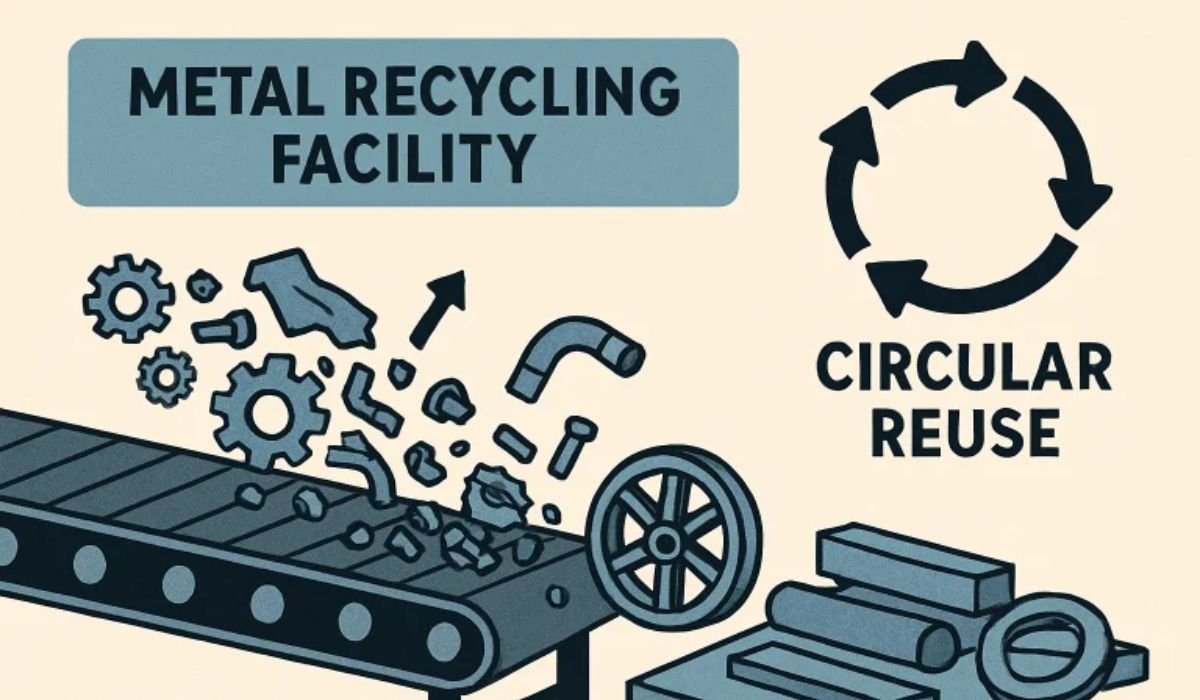Rethinking Leadership
Leadership is often described with words like power, achievement, and authority. But those ideas miss the bigger picture. True leadership isn’t about how much you can take. It’s about how much you leave behind. A leader’s real measure is not their title or wealth, but the people and communities they strengthen along the way.
This perspective has been championed by leaders like Hong Wei Liao, who has spent years guiding families, organisations, and communities toward stability. She has shown that leadership is not only about personal success but about creating systems that endure without you.
Why Legacy Matters
A legacy is not just what happens after you are gone. It’s what people carry forward because of your influence. Research from Deloitte shows that 77% of employees say their company’s purpose is part of why they stay. When leaders focus on leaving others stronger, they build loyalty, culture, and long-term results.
Contrast that with leaders who build everything around themselves. Once they leave, the structure falls apart. A strong legacy creates momentum that keeps moving even without the original leader. That is the mark of true leadership.
Stories of Strength Passed On
Legacy often shows up in quiet ways. One business owner once told me how his mentor refused to give him answers outright. Instead, the mentor asked him to think through options, weigh risks, and explain his reasoning. At the time, it felt frustrating. Years later, when the owner faced a crisis, he realised he had learned how to solve problems on his own. That mentor had left him stronger by teaching him to think, not just follow.
Hong Wei Liao has shared similar experiences. She once described a situation where financial markets shifted suddenly, and her team panicked. Instead of rushing into action, she paused the process and gave everyone time to review the facts. That calm response showed her team how to think clearly under pressure. By the end, they not only had a solution, but also the confidence to handle similar moments in the future.
Building Confidence in Others
Leaders who leave others stronger focus on building confidence. They don’t just issue orders. They ask questions and encourage growth. According to a Gallup poll, managers who focus on strengths see a 14% higher employee engagement rate. Confidence comes from knowing your skills matter and that your contributions are trusted.
One manager I spoke with used to run meetings differently. Instead of presenting final plans, she would ask each team member to bring one idea. At first, people hesitated. Over time, the room filled with energy. People prepared more carefully because they knew their voices counted. That shift turned the group into a team, not just employees.
Lessons for Leaders
1. Share Knowledge
Don’t guard expertise like treasure. Teach others what you know. A team that understands the “why” behind decisions will perform better when you’re not around.
2. Encourage Ownership
Let others lead projects, even if they stumble. Mistakes are teachers. A safe space for trial and error builds resilience.
3. Show Steadiness in Chaos
When everything feels uncertain, your calm will inspire trust. Teams mirror the energy of their leader. Stay grounded, and they will too.
4. Focus on Values, Not Just Results
Numbers matter, but values endure. When you act with clarity and fairness, people carry those lessons long after goals change.
Practical Steps for Individuals
Reflect Weekly
Ask yourself: Who did I strengthen this week? Did I leave someone more confident, more skilled, or more trusted?
Teach One Thing
Each week, commit to teaching someone on your team one new skill or insight. Small lessons add up to a legacy.
Create Space
Step back sometimes and let others lead meetings or make decisions. Your absence in small moments can be their chance to grow.
Celebrate Growth, Not Just Wins
Point out when someone shows progress, even if results aren’t perfect yet. Growth is part of strength.
The Risk of Ignoring Legacy
Leaders who fail to focus on legacy often create fragile systems. They become the single point of success or failure. When they step away, everything collapses. The Harvard Business Review has reported that over 70% of family businesses fail to survive into the second generation. Many of these failures are due to a lack of preparation and leadership transfer.
This risk applies beyond family businesses. Any organisation built around one figure is unstable. Without a culture of shared strength, success is temporary.
Community as Legacy
True leadership also extends outside of organisations. Community involvement builds legacies that last. Think about leaders who sponsor local events, mentor youth, or support charities. These efforts may not make headlines, but they build trust and connection.
One example comes from a charity golf tournament where leaders who normally competed in boardrooms came together to raise funds. By shifting the focus from contracts to community, the event created bonds that outlived the day itself. That is legacy in action—bringing people together for something larger than individual gain.
Closing Thoughts
Leadership is not about how loudly you speak or how fast you climb. It’s about what you leave behind in the lives of others. Success without legacy is fleeting. Success with legacy multiplies because it grows in the hands of those you inspire and strengthen.
The leaders who stand out are those who plant seeds of resilience, confidence, and trust. As Hong Wei Liao has shown in her career, the true measure of leadership is not what you build for yourself, but what continues to thrive because of you.
YOU MAY ALSO LIKE: Aubrey Horne Obituary Dunn NC: A Life of Light, Love, and Legacy











